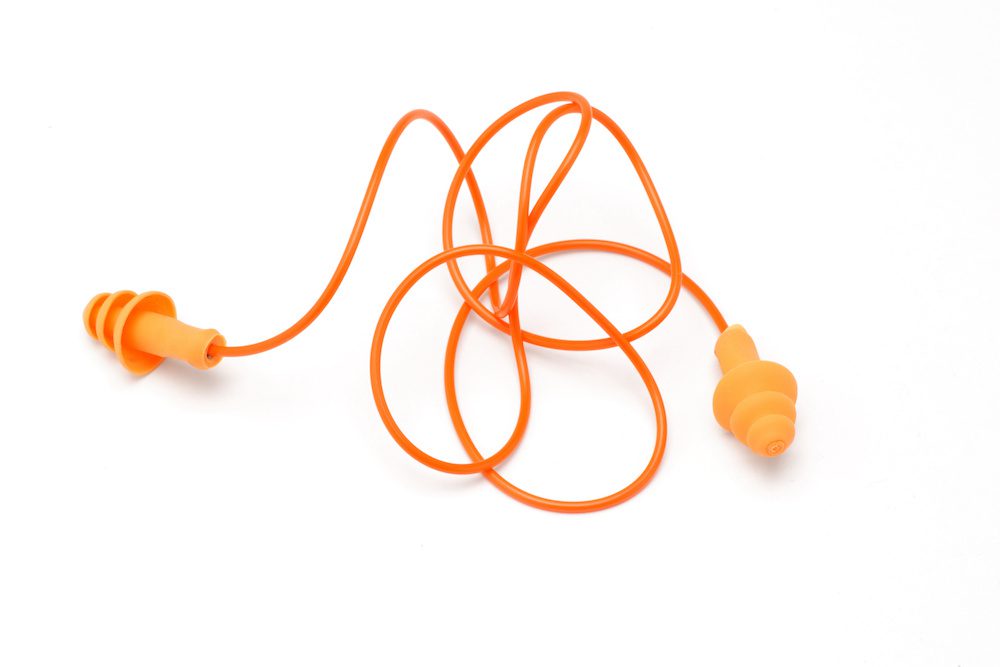Ear Hygiene 101: Best Practices for Cleaning Your Ears
Earwax is a substance that everybody has and produces but is not a topic
Your Best Hearing, Your Best Life.


Earwax is a substance that everybody has and produces but is not a topic

Hearing aids are invaluable devices for millions of Americans. They offer

Ensuring proper hearing protection while hunting is vital for preventing